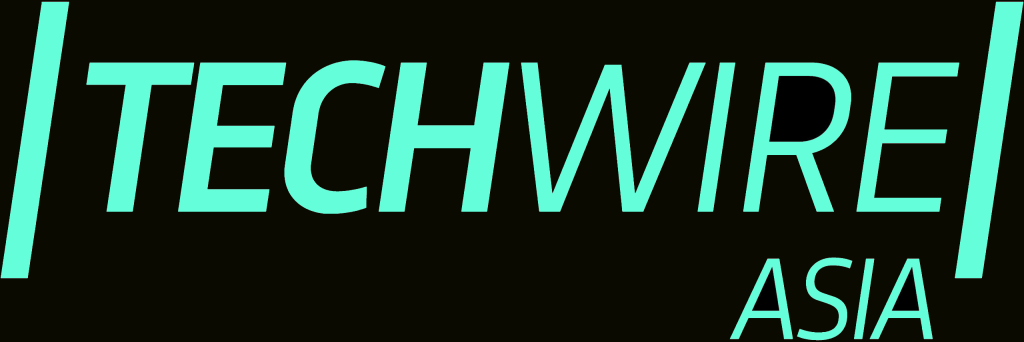- AI is changing energy management strategies.
- Predictive AI helps businesses address challenges.
AI is significantly reshaping how we approach energy management. Businesses traditionally depend on static models and manual processes to monitor energy use, which are not only inefficient but also leave a lot of potential savings on the sideline. AI turns this on its head by enabling us to use real-time data and predictive analytics to dynamically optimise energy consumption.

Tech Wire Asia spoke with Dr. Zohar Bronfman, CEO of Pecan AI, who discussed how the shift from reactive to proactive energy management is game-changing. “With AI, businesses can forecast energy demand based on a wide range of variables—weather patterns, occupancy levels, and even market trends,” Bronfman said. “This means minimising waste, improving efficiency, and slashing costs, all while enhancing sustainability.”
Integrating AI with IoT devices elevates energy management. Real-time monitoring and automatic adjustments can ensure businesses only use what they need, when they need it, without manual intervention.
Real-world success: How AI optimises energy consumption
One standout example of predictive AI’s impact comes from Google’s DeepMind. Google’s DeepMind applied machine learning to optimise cooling systems in its data centres. This resulted in a 40% reduction in cooling energy consumption. The outcome translated into cost savings and operational efficiencies.
Similarly, Verdigris Technologies uses predictive AI to analyse commercial building systems, optimising energy use and delivering savings of up to 30%.
For mid-sized businesses, Pecan AI envisions similar transformative results. Bronfman added that AI solutions can forecast energy consumption based on seasonal demand or adjust operations in real time to maximise energy efficiency, helping companies balance cost efficiency and sustainability.
Overcoming challenges: Data, costs, and adoption
Despite its benefits, integrating AI-driven energy management systems comes with challenges. According to Bronfman, one of the biggest barriers is data quality. “AI thrives on accurate, clean data, yet many businesses struggle with fragmented systems and legacy infrastructure that hinder effective integration,” he explained. Overcoming this entails upfront investment in robust data infrastructure, ensuring that systems—whether HVAC, lighting, or others—are networked and produce reliable data.
Businesses are also put off by the perceived high cost and complexity of adopting AI. While initial investments may appear daunting, many companies recognise that long-term savings and operational benefits far outweigh the upfront costs. For smaller organisations, a phased implementation can minimise risk while delivering incremental value.
Employee readiness is another critical factor. “AI isn’t just a plug-and-play solution; it requires teams to work alongside the technology effectively,” Bronfman added. Training, education, and change management are important for businesses to fully capitalise on AI’s capabilities.
The next decade: AI innovations for a sustainable future
Looking ahead, AI can drive substantial breakthroughs in energy management over the next decade. Bronfman expects that AI will be critical in optimising renewable energy integration. As solar and wind power gain popularity, AI can estimate energy generation based on weather patterns, allowing businesses to store excess energy during peak production and use it efficiently during low-producing periods.
Smart grids will also emerge, capable of balancing energy supply and demand in real time to improve grid resilience and efficiency. More sophisticated demand-response systems will enable businesses to dynamically change their energy use in response to market signals or grid stress.
These innovations will not only improve operational efficiency, but will also affect sustainability. Bronfman claimed that AI will help firms reduce waste, maximise renewable energy adoption, and meet increasingly stringent environmental targets.
Navigating regulations: Turning compliance into opportunity
Another benefit of AI is its ability to assist businesses in navigating stringent environmental and regulatory standards. By automating the tracking and reporting of energy usage, emissions, and other vital metrics, AI can help assur compliance with changing regulations. “AI can pinpoint inefficiencies and recommend actionable steps to reduce emissions without sacrificing operational efficiency,” Bronfman said.
Bronfman said that the outdated perception of sustainability and efficiency as mutually exclusive is no longer valid. “AI demonstrates that businesses can meet and exceed environmental standards while driving profitability and innovation,” he said.
The human factor: Bridging technology and behaviour
With a background in computational psychology and data science, Bronfman brings a different perspective to the conversation. Energy management, he explained, isn’t just about algorithms—it’s also about people. “Behavioural psychology is crucial in designing AI systems that encourage sustainable practices among employees,” he said.
AI solutions that account for human behaviour can motivate individuals to adopt better energy-use habits. For example, personalised notifications or gamified feedback systems can nudge teams toward energy-efficient behaviours.
By combining computational insights with an understanding of human motivation, businesses can develop AI solutions that are not only technically effective but also better accepted and more easy to implement. “It’s this synergy between technology and human behaviour that will drive the future of energy management,” Bronfman concludes.
Want to learn more about AI and big data from industry leaders? Check out AI & Big Data Expo taking place in Amsterdam, California, and London. The comprehensive event is co-located with other leading events including Intelligent Automation Conference, BlockX, Digital Transformation Week, and Cyber Security & Cloud Expo.
Explore other upcoming enterprise technology events and webinars powered by TechForge here.








